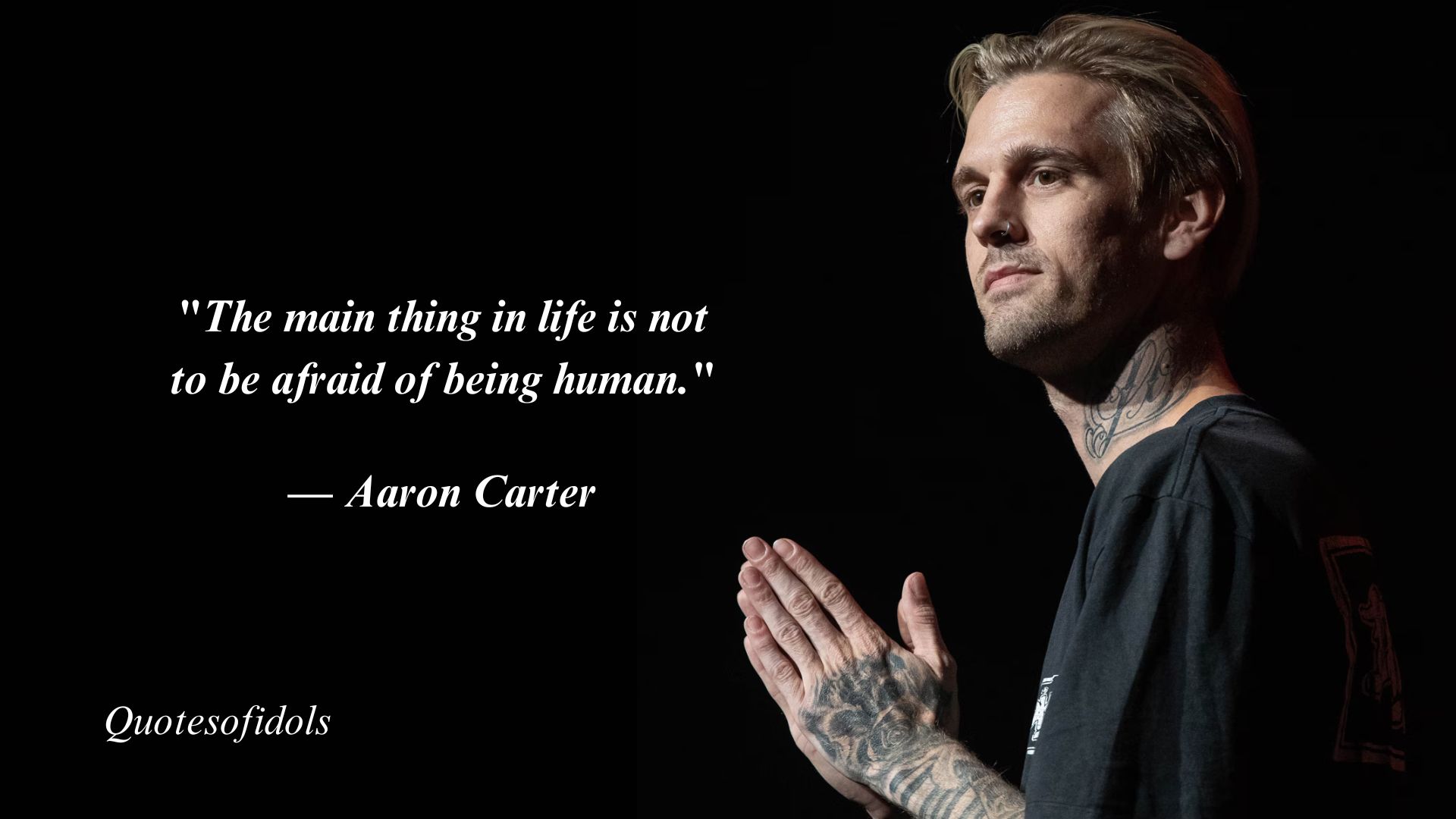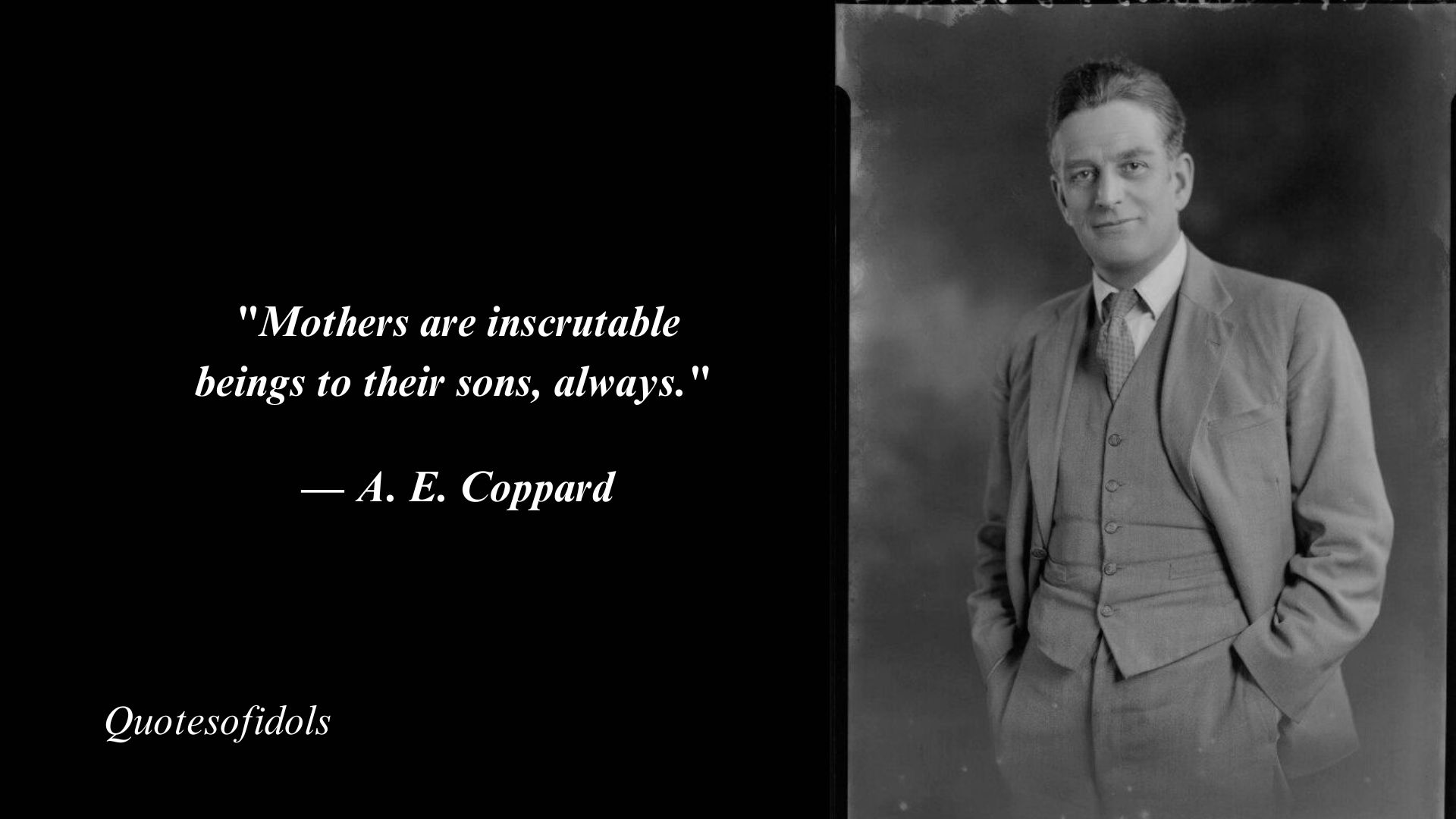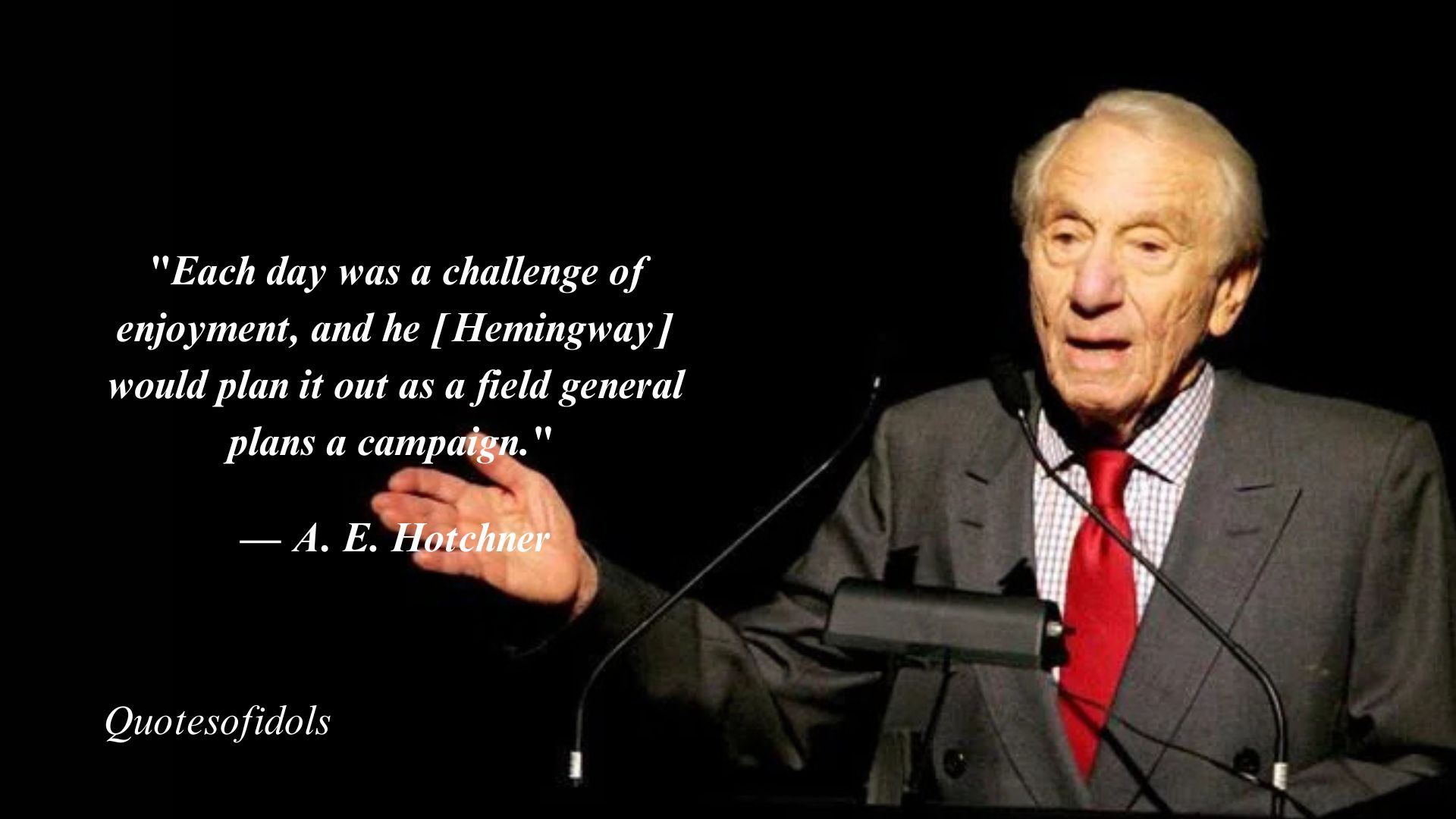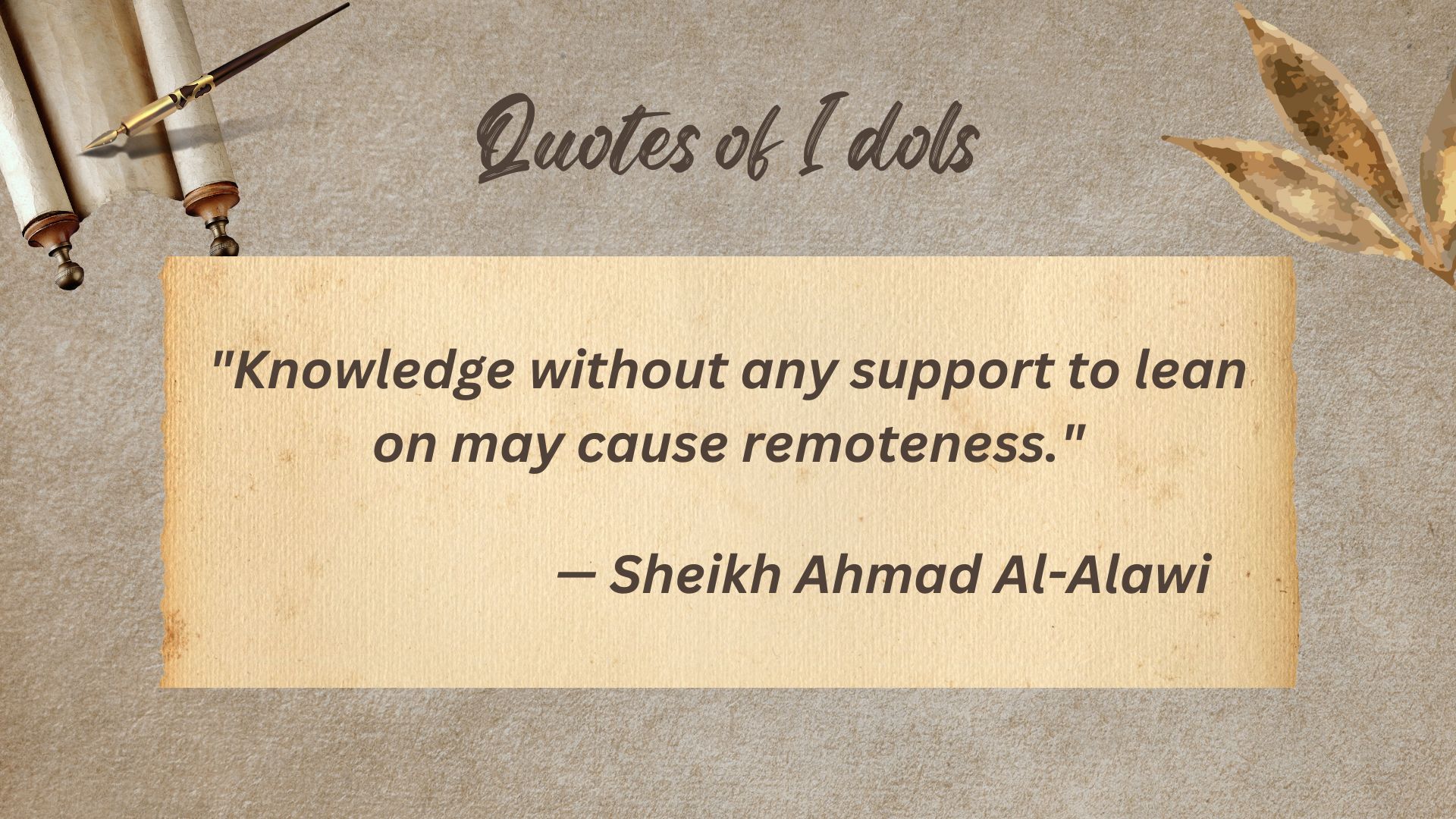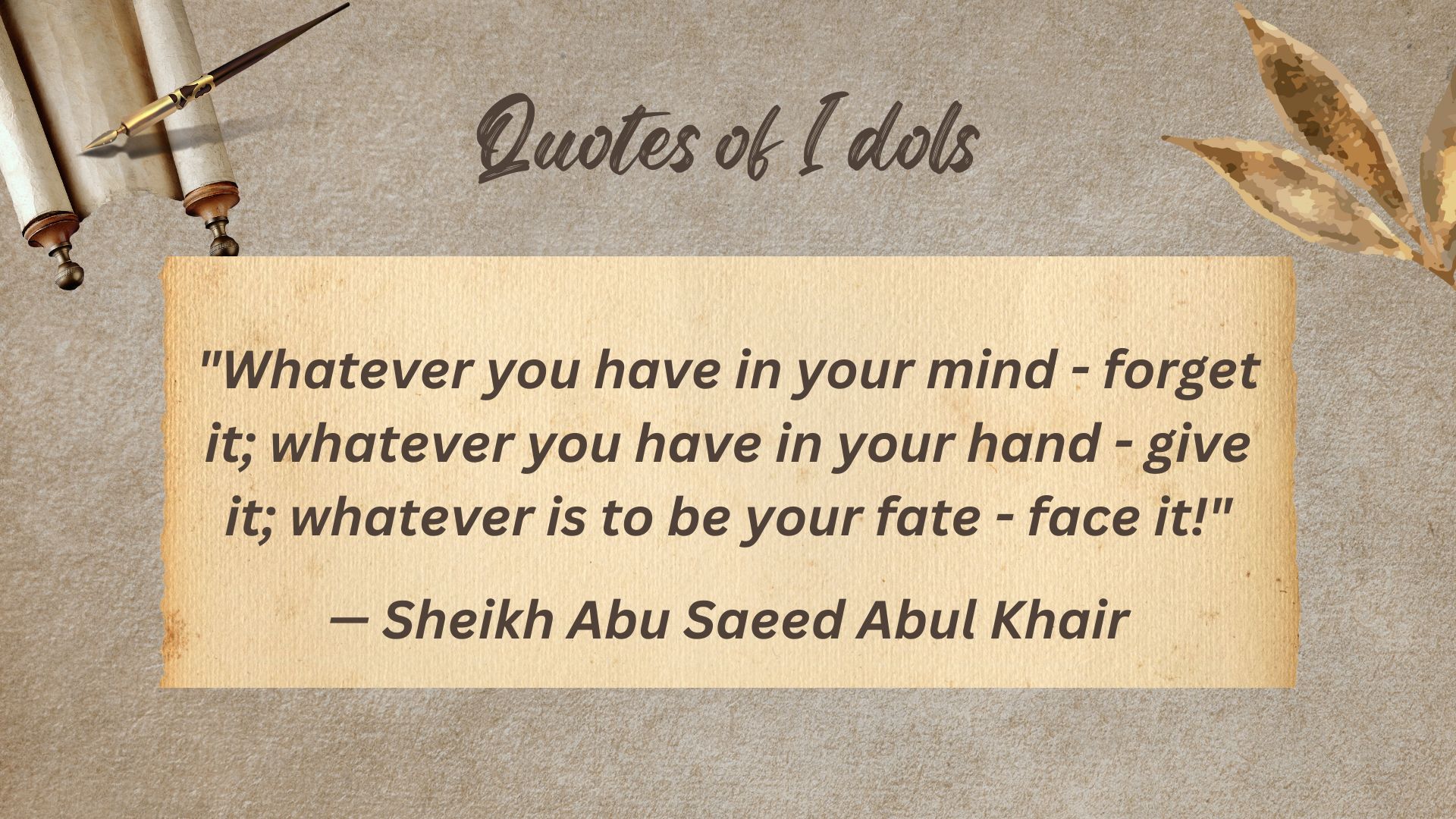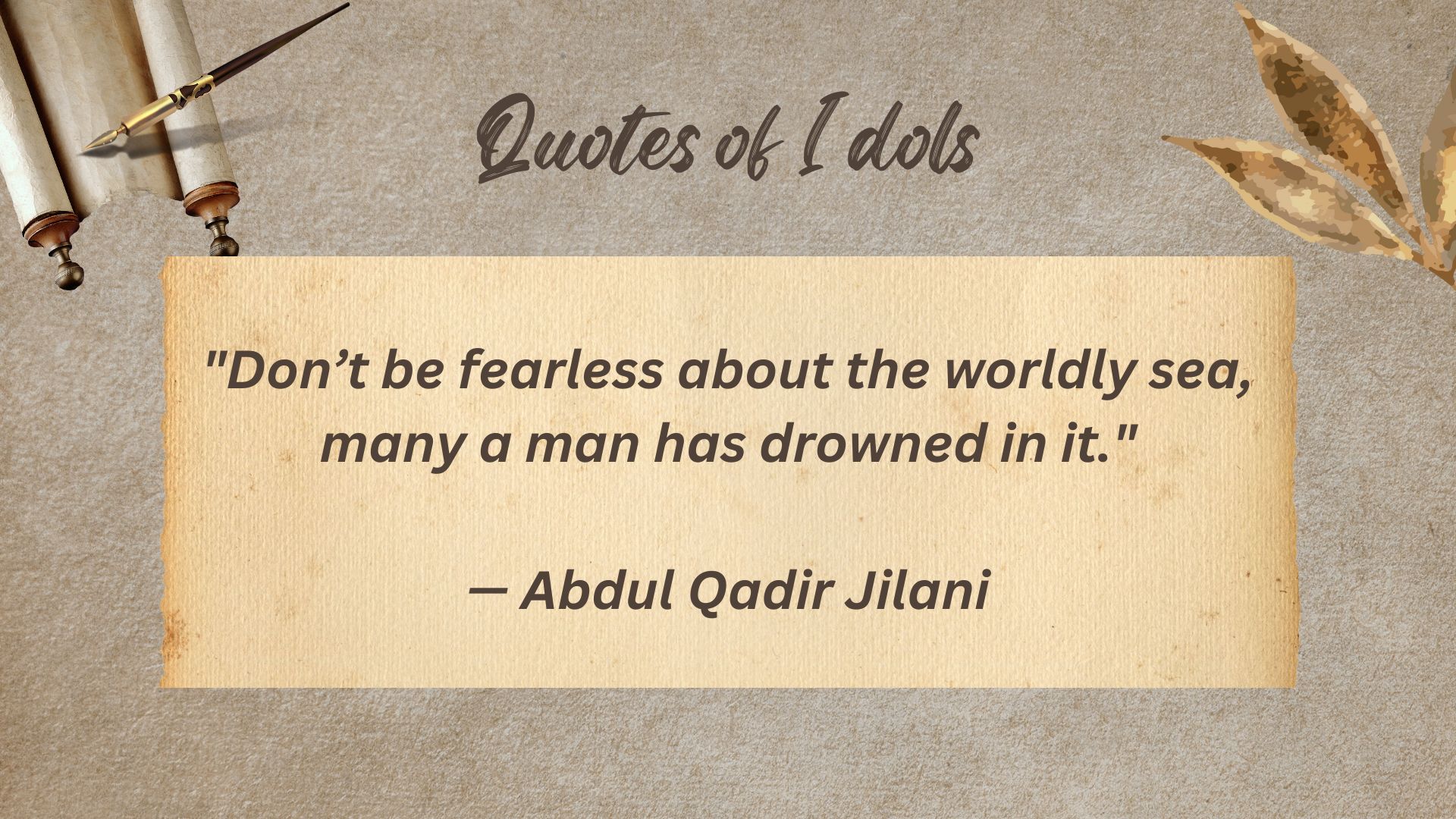All Time Famous Quotes of Abdul Wahhab Sha’rani

Abdul Wahhab Sha’rani (1493–1565) was a revered Islamic scholar and Sufi saint from Cairo, Egypt. Known for his piety and asceticism, he authored influential works like “Al-Mizan al-Kubra,” a comprehensive Qur’anic commentary, and writings on Sufism and spirituality. Emphasizing practical methods for spiritual growth, Sha’rani stressed sincerity, self-discipline, and soul purification. His teachings continue to inspire scholars and practitioners, offering guidance on the path to closeness with the Divine. Sha’rani’s legacy endures as a significant figure in Islamic spirituality, shaping the understanding and practice of Sufism for generations to come.
Abdul Wahhab Sha’rani Quotes
01. “The mystic also seeks to be one of those who are in fellowship (intimacy) with God. But the servant is nearer to His fellowship when men shun Him and not accept Him. Thus the servant must not be deceived by the satisfaction he has in times of spiritual elevation. Fellowship is only the result of Divine grace accorded to the soul.”
— Abdul Wahaab Sha’rani
02. “But this is only the entrance to the Sufi Path, for the seeker: from thence he ascends, according to the grace with is granted to him and the part allotted to him. There are stages and states which he must attain all the time he is ascending, until he passes on from his consideration of ail this and from himself, into the contemplation of the glory of his Lord.”
— Abdul Wahaab Sha’rani
03. “I myself have experienced this state from the time of the evening Prayer until the first third of the might had passed, and I was listening to the things God has made, praising Him and lifting up their voices until I feared for my reason: then it was veiled to me by the mercy of God, as a favour which I recognise.”
— Abdul Wahaab Sha’rani
04. “Gnosis is the mark of the Sufis. But knowledge of God concerns His essential attributes and His attributes manifested in action. If anyone asserts that he has the knowledge of the attributes of His Essence, which are eternal, his stance is false, because it Simits God to what can be conceived by the finite mind, and His Essence is without limit, infinite.”
—Abdul Wahaab Sha’rani
05. “The servant of God reaches the stage of giving himself to the service of his Lord, through the acts of devotion, but only when he has ceased to think of his service, because he is preoccupied with his Lord and is contemplating Him at all times, has he reached true service to God.”
— Abdul Wahaab Sha’rani
06. “Theard the fish says: “Praise be to the King Most Holy, the Lord of riches and Power and Strength,” and also the animals and the plants likewise, and in all their praises.”
— Abdul Wahaab Sha’rani
07. “The end reached by the theologian, is the beginning of the way of the dervish. for the highest stage of the theologian is to be sincere in his knowledge and in what he does for the sake of God, and to show his sincerity, in not seeking any reward for what he does; he does not experience any thing but this.”
— Abdul Wahaab Sha’rani
08. “Then the mystic aspires to be one of those who merge their will in the Divine Will and this Unity with God is not attained in truth except by detachment from all the creatures.that his reason (aql) was taken away from him. Abu sa’id used often to say that Luqman was one whom God had emancipated from his commandments. (Studies in Islamic Mysticism, p.7)”
— Abdul Wahaab Sha’rani



